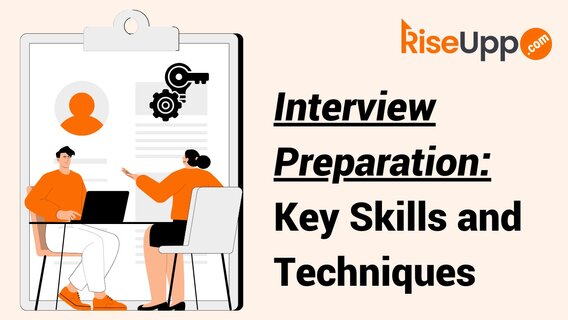
Preparing for an interview can be a daunting task, but it is also an essential step towards securing your dream job. A well-prepared candidate not only impresses potential employers but also feels more confident and less stressed during the interview process. This comprehensive guide will cover key skills and techniques, especially focusing on interview tips for freshers, interview tips for interviewee, and interview tips for freshers in English. Whether you're a recent graduate or a seasoned professional, these tips will help you stand out in a competitive job market.
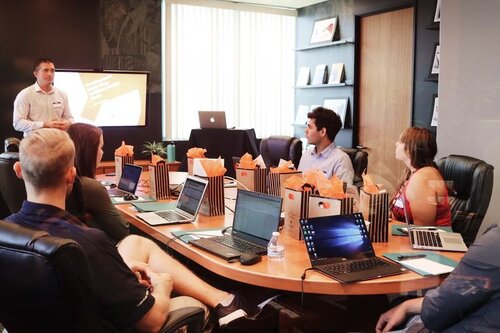
Understanding the company you are applying to is crucial for several reasons. First, it shows the interviewer that you are genuinely interested in the organization and not just looking for any job. Second, it allows you to tailor your answers to align with the company's values, culture, and goals. Finally, it helps you determine if the company is the right fit for you.
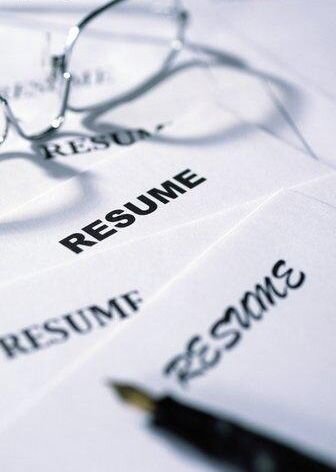

Behavioral questions are designed to assess how you have handled situations in the past and how you might handle similar situations in the future. The STAR method is particularly effective here.
1. Tell me about a time when you faced a challenging situation at work.These questions assess your technical knowledge and problem-solving abilities.
1. How do you stay current with industry trends?Situational questions present hypothetical scenarios to evaluate your critical thinking and problem-solving skills.
1. What would you do if you disagreed with a team member about a project?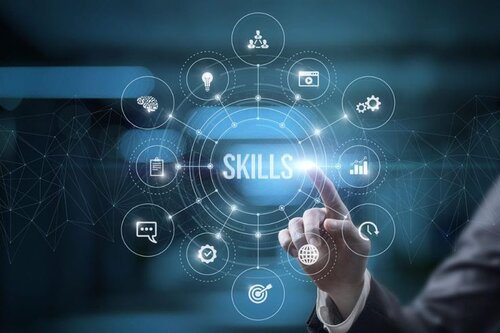
Effective communication is vital during an interview. This includes verbal, non-verbal, and listening skills.
Employers value candidates who can think critically and solve problems efficiently.
Emotional intelligence (EI) is the ability to understand and manage your own emotions, as well as the emotions of others.
Professionalism encompasses reliability, punctuality, and a positive attitude.
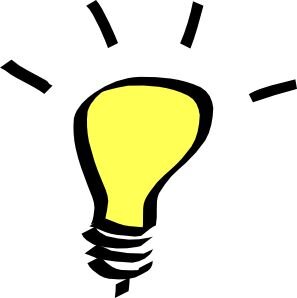

Body language can significantly impact how you are perceived during an interview. Positive body language can convey confidence, attentiveness, and professionalism.
Preparing for an interview involves more than just rehearsing answers to common questions. It requires a comprehensive approach that includes researching the company, tailoring your resume and cover letter, mastering various interview techniques, and reflecting on your performance. By focusing on these key skills and techniques, you can present yourself as a well-prepared, confident, and professional candidate. Remember, interview preparation is an ongoing process. Each interview is an opportunity to learn and improve. With dedication and practice, you can enhance your interview skills and increase your chances of securing your desired job.